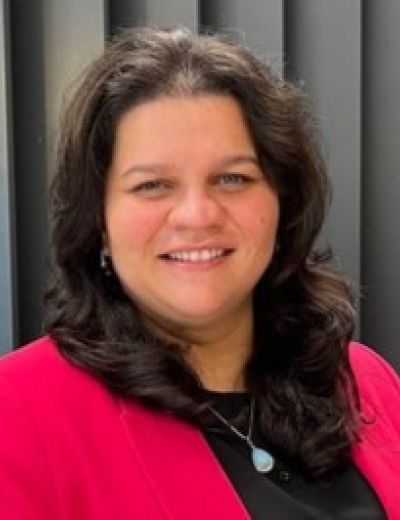This article was originally published in Arabian Business.
Developing green skills is not exclusively about gaining the skills required to solve the climate crisis, it is about empowering people to make informed decisions with the environment in mind.
COP28 was one of the key highlights of 2023, particularly across the region. Not only did the event bring to the forefront the collective climate challenges we face, this annual event also solidified the global commitment to taking affirmative action in line with the Paris Agreement.
The 13-day agenda drove home the need for a unified effort in combatting climate change, and it also provided a looking glass to the future – one where green skills lead the workforce. This may be an unsurprising revelation to many as government policies across the world have been actively driving the shift to a green economy.
And now, with 2024 in focus, organisations must continue to find and develop the right talent with the right green skills that can help them speed up the transition and empower the business to lead their respective spheres of influence.
Green skills are skills that support the green economy. This includes the specific expertise necessary for sustainable development, the values needed to encourage sustainable growth and the abilities to carry forward the sustainable transition.
One of the key outcomes from COP28 was the agreement of 118 nations to triple sustainable energy output – a clear indication that there will be a growing demand for the requisite upskilled talent across the organisational framework to support this.
But, green skills are needed beyond those industries that are directly involved in decarbonisation. In fact, fossil fuel producers will need green skills, as much as sustainable energy businesses.
With COP28 President, Sultan Al Jaber, addressing the fact that fossil fuels cannot just be cut off, it was still impressed upon the audience that the transition away from fossil fuels remains the end game; and without the right expertise in place to drive this change, it is those reliant on the carbon economy that will be left worse off, as demand for fossil fuels wanes. Understandably, governments across the Middle East have looked to encourage these skills, in a bid to diversify their fossil fuel-based economies.
A really encouraging sign is the awareness of green skills across the Middle East – PwC’s Middle East Hopes and Fear Survey 2023 highlighted that 62 percent of respondents believed green skills would play a vital role in their career. And even more promising was the incredible number of young people in attendance at COP28, which speaks to the climate-first outlook our youth has today.
To support the sustainability-led ambitions of young talent, businesses need to think about how they are enhancing green upskilling. Future talent pools are incredibly conscious of business’s stance on sustainable practice – both from an environmental perspective and a personal development point-of-view.
Encouraging green skill development will be key to attracting the best talent going forward, which in turn will enable businesses to better their sustainable practices – a self-fulfilling cycle.
The stage has been set, thanks to proactive efforts of the regional governments – a classic case in practice being the Government of UAE launching the Green Capabilities Global Alliance for Governments at COP28.
At the same round table, it was also demonstrated how the UAE is prioritising green skills through making green upskilling programs mandatory for over 50,000 of its employees. Similarly, the KSA launched its third edition of ‘Saudi Green’ at COP28 demonstrating the Kingdom’s commitment and ongoing efforts to support the global climate action agenda and take concrete measures to address environmental challenges.
The government has demonstrated how green upskilling can be implemented, it is now a matter of businesses and individuals taking ownership. From organisational level awareness efforts, to specialist technical practitioner skills, to green strategy and leadership – organisations must strategically build an ecosystem of green skills.
There are a plethora of options out there, from online micro-learning courses such as those run through UAE Government’s Jahiz internal learning portal, to role-specific practitioner workshops to internationally recognised professional certifications such as the CFA’s Certificate in ESG investing.
Developing green skills is not exclusively about gaining the skills required to solve the climate crisis, it is about empowering people to make informed decisions with the environment in mind.
It is for business-leaders to shape this idea to their industry, market and build it into their company culture, and for individuals to be proactively involved in embracing it. The adoption of a green mindset is a long-term evolution but we have definitely passed the point where staying passive is acceptable. There are no excuses not to play a role.
Connect with our team

Priyam Mahajan
Senior Manager - MarketingPriyam is the Head of Marketing for PwC’s Academy Middle East. She is a senior marketing practitioner with over 12+ years of experience in marketing to consumer and corporates.





